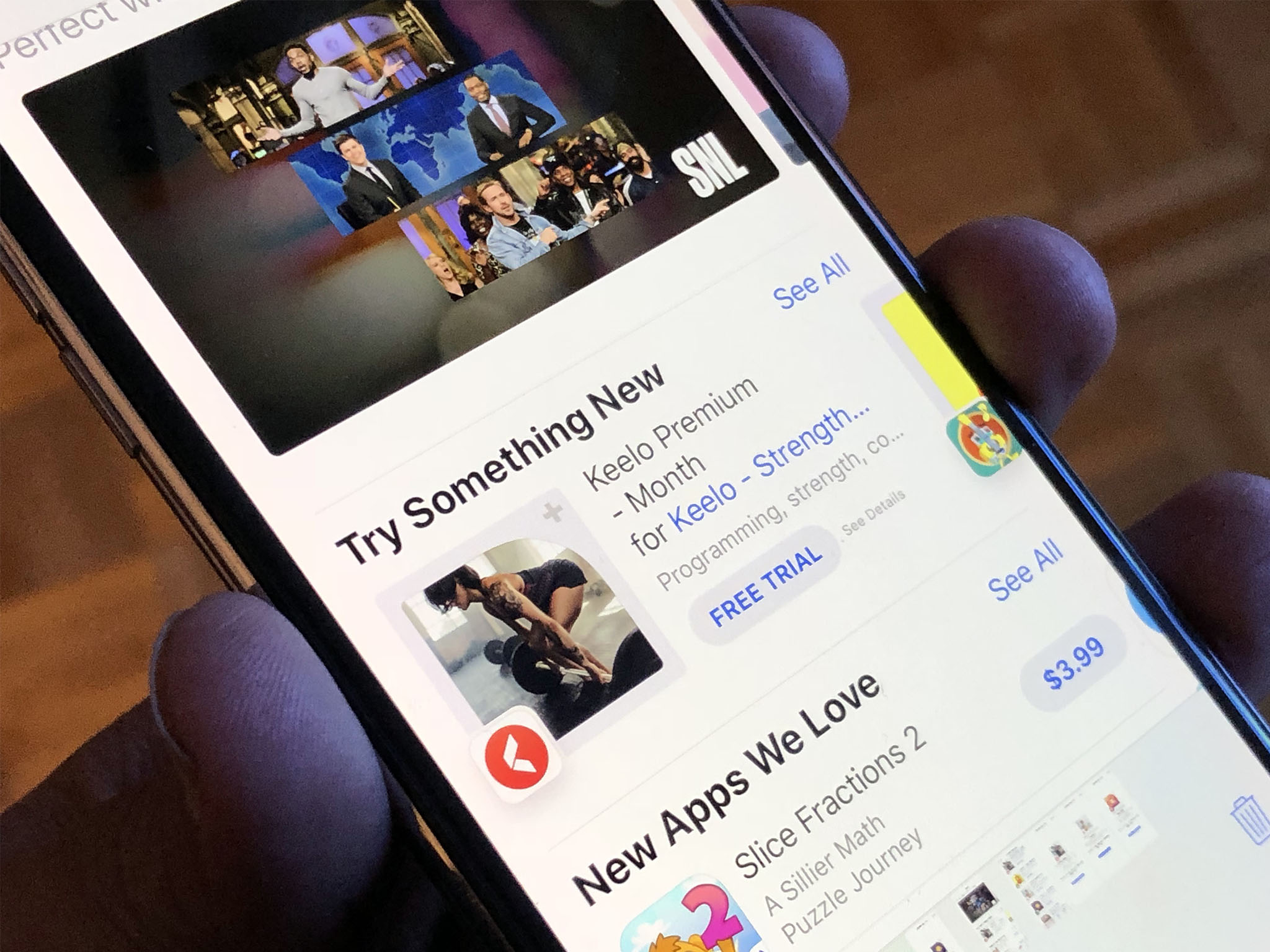Epic Games says court got App Store ruling wrong in opening appeal filing

iMore offers spot-on advice and guidance from our team of experts, with decades of Apple device experience to lean on. Learn more with iMore!
You are now subscribed
Your newsletter sign-up was successful
What you need to know
- The wheels of the Epic Games vs Apple appeal are starting to turn.
- Epic has filed its first opening brief.
- It says the court erred on four key issues and that the ruling against it should be vacated.
Epic Games has this week filed the first opening brief in its appeal against the ruling passed down by a court in the Apple vs Epic Games trial last year.
In its opening filing Epic Games told the appeal court that while "apps bring the iPhone to life" and the success of the iPhone (which it says may be the most profitable technology ever) depends on apps, they live under a "dark cloud" because of Apple's exclusive distribution and restrictions on alternative app stores and in-payment solutions.
Lawyers for Epic seeking to have the ruling against the company from last year vacated say the court erred in four main areas.
Firstly, they say that the court was wrong to conclude that a "contract of adhesion" between Apple and developers that stops them from opening competing app stores and payment solutions were not contracts under Section 1, arguing that a contract is still a contract even if it is "imposed by one party with overwhelming market power."
Secondly, lawyers for Epic state that the court erred in stating Apple's conduct "survives rule of reason scrutiny", and that the court found practices that caused great harm to competition, innovation, and consumers yielding "extraordinarily high" supracompetitive profits, and that Apple had much less restrictive alternatives on Mac.
"Inexplicably, the district court ignored its factual findings and failed to conduct the required balancing of competitive harms with any valid competitive benefits. That balancing demonstrates that Apple's restrictions violate the Sherman Act."
Thirdly, the filing states that Apple does have a monopoly on the iOs app distribution and payment market and that the court was wrong not to find that an antitrust market may be defined by a single brand. Finally, it states the court was wrong to reject claims that Apple unlawfully ties its App Store to in-app payments, and that it wrongly concluded they were a single product.
In a statement to iMore an Apple spokesperson said:
iMore offers spot-on advice and guidance from our team of experts, with decades of Apple device experience to lean on. Learn more with iMore!
"Since 2008, the App Store has been an incredible engine for economic growth and innovation, enabling developers to reach more than 1.5 billion devices in 175 countries around the world. In its ruling last year, the district court confirmed that Apple is not a monopolist in any relevant market and that its agreements with app developers are legal under antitrust laws. The court recognized the value of Apple's ever-increasing innovation and commitment to privacy and security, which benefit users and developers alike. We remain committed to ensuring the App Store is a safe and trusted marketplace for consumers that supports a talented developer community and we are confident that the rulings challenged by Epic will be affirmed on appeal."

Stephen Warwick has written about Apple for five years at iMore and previously elsewhere. He covers all of iMore's latest breaking news regarding all of Apple's products and services, both hardware and software. Stephen has interviewed industry experts in a range of fields including finance, litigation, security, and more. He also specializes in curating and reviewing audio hardware and has experience beyond journalism in sound engineering, production, and design.
Before becoming a writer Stephen studied Ancient History at University and also worked at Apple for more than two years. Stephen is also a host on the iMore show, a weekly podcast recorded live that discusses the latest in breaking Apple news, as well as featuring fun trivia about all things Apple. Follow him on Twitter @stephenwarwick9
